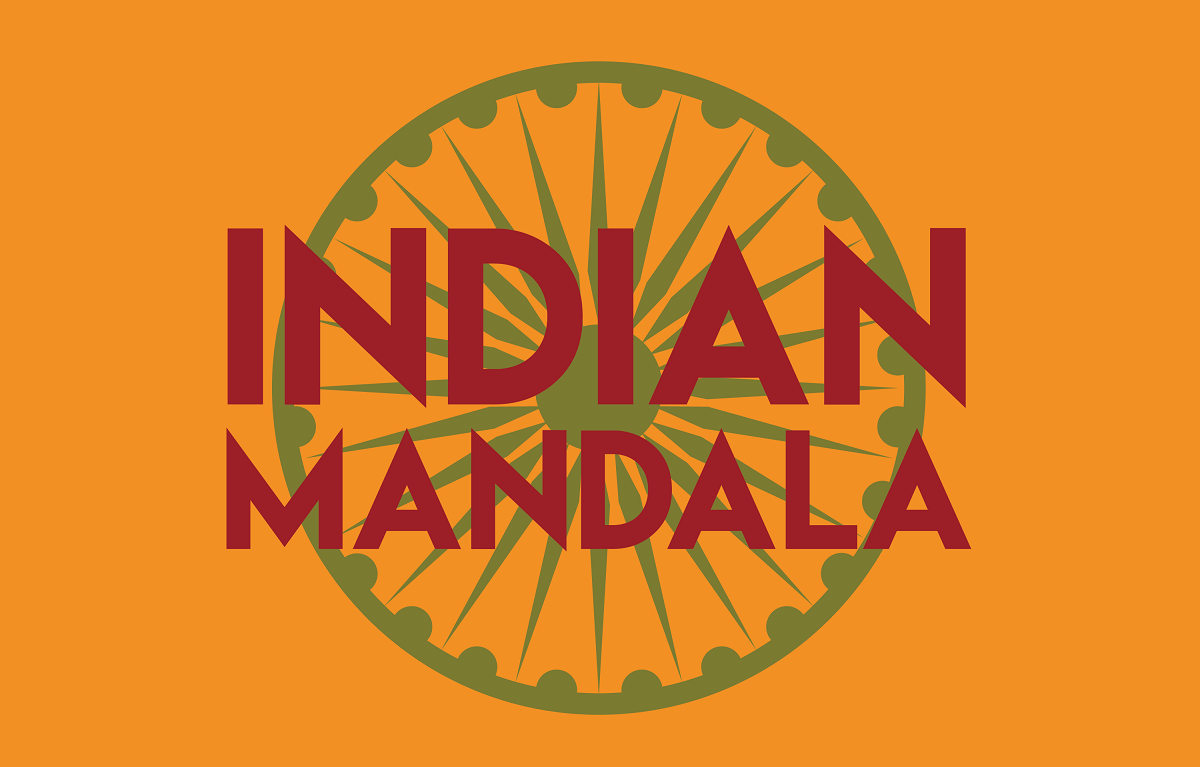Delhi's new rules on artificial intelligence, protection versus mass surveillance
The Indian government wants to introduce strict rules on content generated by artificial intelligence, such as deepfakes. The measure aims to combat abuse and disinformation, but raises serious concerns about privacy and freedom of expression. Critics and legal experts warn that the obligation to label and track content could turn into a tool for digital surveillance.
Milan (AsiaNews) - India is preparing to introduce new rules to combat the growing threat of online deepfakes. On 22 October, the Ministry of Electronics and Information Technology (MeitY) published a draft amendment to the Information Technology (Intermediary Guidelines and Digital Media Ethics Code) Rules, 2021.
The stated aim is to regulate artificially generated content, such as deepfakes, to combat the spread of non-consensual intimate images, fake news and digital fraud. However, the proposal has reignited the debate on the risk of excessive regulation of the internet and the possible violation of fundamental rights.
The history of Indian IT legislation shows that even the most well-intentioned regulations can become tools of censorship. In the past, the Supreme Court has already overturned laws that restricted freedom of speech on the internet, such as one that punished those who published “offensive” content online, which was deemed too vague and dangerous for freedom of expression.
In more recent cases, some judges have also expressed concerns about government initiatives to “verify facts” online, pointing out that such powers could discourage dissent and jeopardise pluralism of opinion.
The new 2025 proposal seems set to reopen the issue. The draft introduces a definition of “synthetically generated information” that is so broad as to include any content (text, images or video) produced or modified by an algorithm.
This would mean that even those who use common tools such as ChatGPT to improve a post or video editing software to add effects would have to declare this before publication. Larger social media platforms would also have to verify the accuracy of such declarations and flag content as “synthetic”. If applied strictly, this measure risks penalising digital creativity and encouraging automated censorship.
Even more controversial is the requirement for intermediaries to include a “unique identifier” or permanent metadata in synthetic content. The intent would be to ensure traceability and authenticity, but the measure could turn into a tool for mass surveillance.
Metadata (information that describes other data, such as the location, time or device used to create a file) can reveal much more than the content itself: people's habits, relationships and movements. Several studies, such as those by the American Civil Liberties Union, have already shown how metadata tracking can threaten privacy and have a chilling effect on freedom of expression.
In a legal context such as India's, where the Digital Personal Data Protection Act of 2023 allows for broad exemptions on grounds of national security or public order, the potential for abuse is real. The new rules could disproportionately affect vulnerable groups: activists, journalists or minorities who use AI tools to protect their identity would risk being surveilled or censored.
The Indian Supreme Court, in a landmark ruling (known as the K.S. Puttaswamy v. Union of India case), recognised that privacy is a fundamental right and that the state can only restrict it when strictly necessary and in a proportionate manner. While the fight against deepfakes is essential, the challenge is to find a balance between public protection and individual freedom.
Rather than introducing invasive tracking tools, experts suggest that legislators should focus on systems for identifying synthetic content that ensure transparency without compromising freedom of expression.
INDIAN MANDALA IS THE ASIANEWS NEWSLETTER DEDICATED TO INDIA. WOULD YOU LIKE TO RECEIVE IT EVERY FRIDAY? TO SUBSCRIBE, CLICK HERE.
27/06/2025 11:15
03/01/2025 12:17
20/12/2024 12:57







.png)










